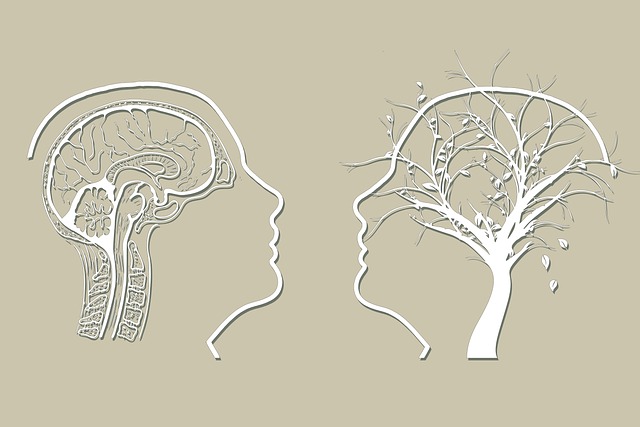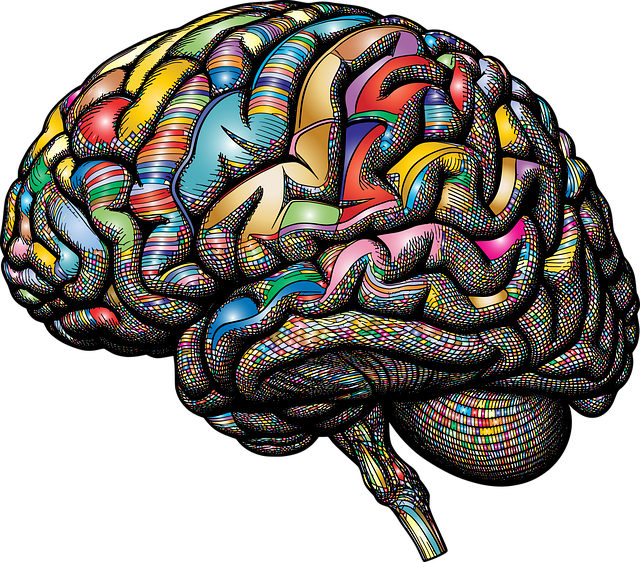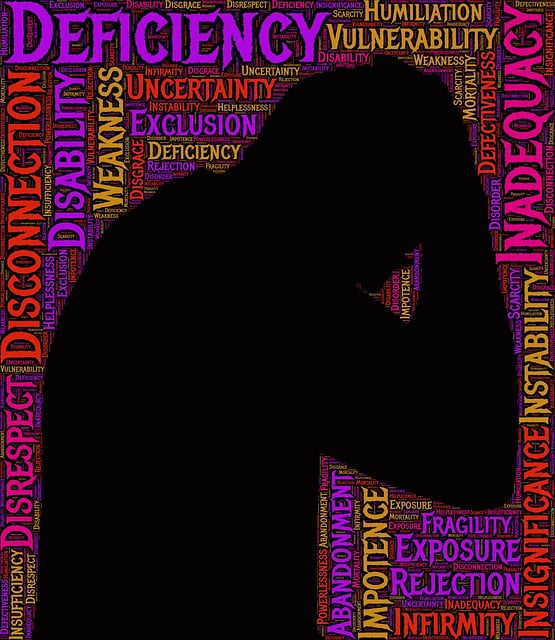Mental health stigma, rooted in historical religious beliefs and fear, has marginalized many from seeking help. Organizations like Englewood Crisis Counseling Therapy (ECCT) fight this through multi-faceted approaches, producing accessible resources like the Mental Wellness Podcast Series to foster public awareness and empathy. ECCT's holistic approach includes personalized counseling, community engagement, and initiatives like support groups, aiming to destigmatize mental illness and encourage healthy self-care habits by normalizing conversations and empowering individuals.
Mental illness stigma remains a significant barrier to recovery, with historical roots tracing back to centuries of misunderstanding. This article explores efforts to reduce this harmful perception through a multifaceted approach, focusing on Englewood Crisis Counseling Therapy (ECCT) as a case study. We delve into the historical context of mental health treatment, analyze the profound impact of stigma, and present effective strategies like open conversations and education. Additionally, we highlight ECCT’s empowering recovery initiatives supporting individuals and communities.
- Understanding the Stigma Surrounding Mental Illness: A Historical Perspective on Englewood Crisis Counseling Therapy
- The Impact of Stigma on Individuals and Communities: Breaking Down Barriers with Empathy
- Strategies for Effective Stigma Reduction: Engaging in Open Conversations and Promoting Education
- Empowering Recovery: Supporting Individuals Through Counseling and Community Initiatives at Englewood Crisis Counseling Therapy
Understanding the Stigma Surrounding Mental Illness: A Historical Perspective on Englewood Crisis Counseling Therapy

The stigma surrounding mental illness has deep historical roots, and understanding this is crucial for effective stigma reduction efforts like those provided by Englewood Crisis Counseling Therapy. Historically, mental health issues have been stigmatized and often misunderstood, leading to marginalization of individuals seeking help. This stigma evolved from a combination of factors including religious beliefs, fear of the unknown, and lack of scientific knowledge about mental health conditions. Public Awareness Campaigns Development and Mental Health Education Programs Design have played pivotal roles in challenging these misconceptions over time.
Englewood Crisis Counseling Therapy recognizes that breaking down these barriers requires a multifaceted approach. They offer a range of services designed to foster public awareness and understanding through initiatives such as the Mental Wellness Podcast Series Production. By providing accessible information and sharing personal stories, these efforts contribute to a more inclusive society where mental illness is met with empathy and support rather than judgment.
The Impact of Stigma on Individuals and Communities: Breaking Down Barriers with Empathy

The impact of stigma on individuals with mental health challenges is profound and far-reaching. It can lead to social isolation, a fear of seeking help, and even contribute to a lower quality of life. Stigma often manifests as discrimination, which can be devastating for one’s self-esteem and overall well-being. This internalized shame may prevent people from sharing their struggles or pursuing effective treatment options, such as those offered by Englewood Crisis Counseling Therapy. In communities, stigma perpetuates a culture of silence, hindering open conversations about mental health issues and thus impeding the ability to advocate for better support systems through Mental Health Policy Analysis and Advocacy.
Building empathy is a powerful strategy to break down these barriers. By fostering understanding and compassion, we can challenge stereotypes and normalize conversations around mental illness. Englewood Crisis Counseling Therapy, for instance, could organize Stress Management Workshops to educate the community about various mental health conditions, promote healthy coping mechanisms, and encourage supportive environments. These initiatives not only empower individuals but also create a more inclusive society where everyone feels seen, heard, and valued, regardless of their mental health status.
Strategies for Effective Stigma Reduction: Engaging in Open Conversations and Promoting Education

Reducing the stigma surrounding mental illness is a multifaceted approach, and one of the most powerful tools in our arsenal is open and honest conversation. Encouraging individuals to discuss their experiences with mental health challenges can help dispel myths and foster empathy. Engaging in these conversations, whether through support groups or personal interactions, allows for the sharing of stories that humanize the issue, reminding us that mental illness impacts people from all walks of life.
Education plays a crucial role alongside open dialogue. Providing accessible resources and information sessions led by professionals like those at Englewood Crisis Counseling Therapy can empower individuals to recognize symptoms in themselves or others. Teaching coping skills development and self-awareness exercises equips people with tools for mood management, enabling them to take proactive steps towards maintaining their well-being. Through these collective efforts, we can create a more supportive environment where help-seeking is normalized, and recovery becomes a shared goal.
Empowering Recovery: Supporting Individuals Through Counseling and Community Initiatives at Englewood Crisis Counseling Therapy

At Englewood Crisis Counseling Therapy, we believe that empowering individuals on their path to recovery is key to reducing the stigma surrounding mental illness. Our comprehensive approach includes offering counseling services that cater to each person’s unique needs, focusing not just on managing symptoms but on fostering resilience and self-discovery. We provide a safe space for clients to explore their experiences, express their emotions, and develop effective coping strategies.
In addition to individual therapy, Englewood Crisis Counseling Therapy actively engages the community through various initiatives. We organize support groups where individuals can connect with peers facing similar challenges, fostering a sense of belonging and understanding. These gatherings also serve as a platform for sharing successful self-care practices and stress reduction methods tailored to different cultural backgrounds, emphasizing our commitment to Cultural Sensitivity in Mental Healthcare Practice. By combining personalized therapy with community engagement, we aim to normalize conversations around mental health and encourage the adoption of beneficial Self-Care Practices among all individuals we support.
Englewood Crisis Counseling Therapy (ECCT) has been at the forefront of mental illness stigma reduction, offering valuable insights through historical perspectives and practical strategies. By understanding the profound impact of stigma on individuals and communities, ECCT facilitates empathetic dialogues that break down barriers. Through open conversations and educational initiatives, they empower recovery and foster supportive environments. With a focus on counseling and community engagement, ECCT’s efforts underscore the transformative power of empathy, ultimately contributing to a more inclusive and understanding society.














